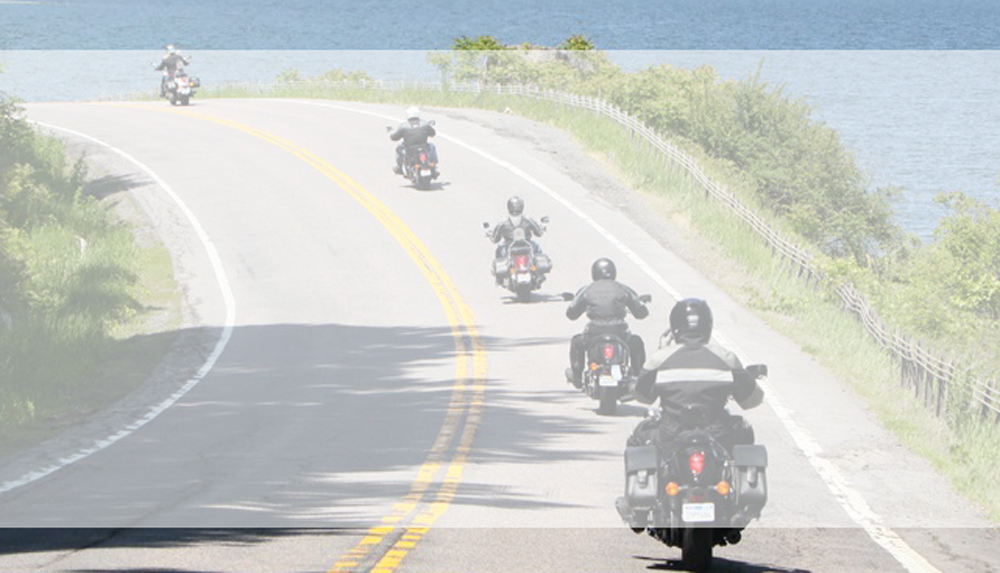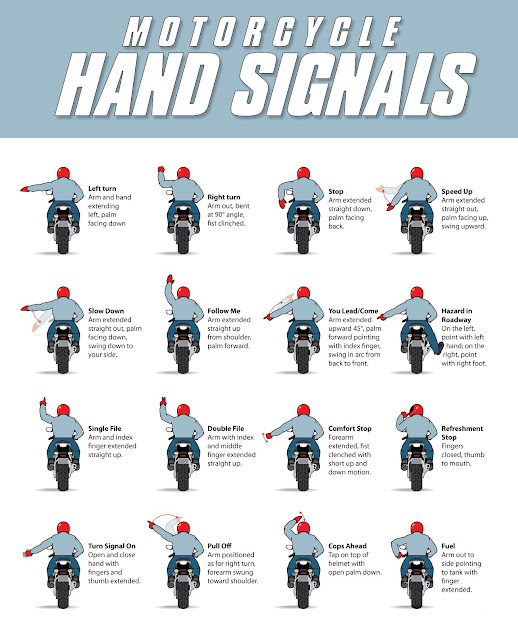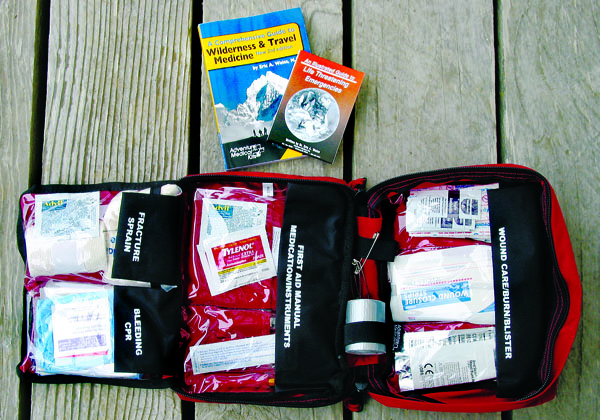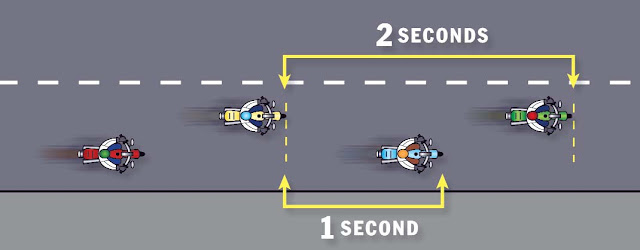Motorcycle Group Riding
Group rides are often organized by motorcycle clubs, sportbike enthusiasts, and companies for team-building exercises. The group ride is a motorcycle-specific version of the so-called convoy. The group rider takes turns leading the group in what is usually an organized fashion with each rider following one another in a line.
Riding a
motorcycle requires skills. Motorcycles are not like cars that can be driven
with a set of skills. Riding a bike is an art that needs to be honed over time
with experience. This article is about how to ride in groups, which is one of
the most common mistakes people make when they are riding their bikes.
The following are some group riding tips for your next ride on your bike:
- Plan Ahead - Riding with a group should be planned ahead of time, and should not be spontaneous.
- Communicate - Make sure to communicate your plans and expectations to the other riders in the group before you take off.
- Ride Safely - The leader sets the pace, so make sure you are following their lead and not going too fast or too slow for the entire ride.
- Follow Directions - If you are not leading, follow directions from those who are leading as they will have a better understanding of what is safe for all riders in the group to do at that moment in time.
- Stay Together - Try to stay close
Group riding is a great way to enjoy the open road with friends, but it can also be a dangerous activity. When riding in a group, there are some important skills to keep in mind.
It is important for riders in the group to follow a few simple guidelines when on a group ride. The first guideline is that all riders should be aware of their surroundings and maintain awareness of other riders in the group. This includes being aware of speed, following distance, and being alert for any potential hazards that may come up during the ride. The second guideline is that all riders should take turns at leading and following the group. This helps keep the pace of traffic flowing smoothly and helps keep everyone's attention on what's happening around them at all times. Finally, all riders should always remember to wear their protective gear.
Pre-Ride Meeting
It's very
helpful to get together with all your riders before you head out on the road to
go over how long you'll ride for, where you'll stop, go over hand signals, the
pace of the ride and to ask any other questions you may have. If you’re in a
group that has been riding together for some time, you may be able to skip this
part, but if you have people with a variety of riding experiences, it's best to
get everyone organized beforehand. It will be a lot easier to go over the
ground rules in a quiet environment than over the crackle of the throttle.
Decide Riding Order / Communication
Next, your
group will need to designate a lead rider (person in front) and a tail rider
(person in back). The lead rider is responsible for setting the pace, keeping
his eye out for anything ahead that could interrupt the ride (whether it be a
traffic jam, bad weather, etc), and navigating. They should be well skilled in
issuing hand signals as they will be the eyes of the rest of the group. Make
sure you have an experienced rider leading the pack.
Your tail rider
should be just as experienced as your front rider. They will be in charge of
keeping tabs on the entire group and anyone who wanders off has mechanical
problems or does anything stupid to put the rest of the group in danger. Once
you have these two important riders appointed, you should line up the rest of
the group by experience. Any novices should stay behind the lead rider while
the seasoned riders are behind them. You don’t want to have all your veteran riders
in the front where they might accidentally cruise off and leave the newbies
behind.
Bring Supplies
Every rider in
the group should be well supplied in case of an emergency. Make sure you bring
your own cell phone (make sure it's charged), some extra cash, and your own set
of tools for your bike. You may also want someone appointed to bring some extra
tools like a flashlight, duct tape, and a first aid kit.
You can decide for yourself to come supplied with a few things others may have forgotten. If you
want to be praised very quickly by your fellow riders, bring some essentials
like aspirin, water, sunscreen, earplugs, and a phone charger.
Riding Formation
Perfecting your
formation can be the trickiest part of group riding, but staying in proper
formation gives each other enough space to react to any sudden hazards and helps
any other drivers on the road avoid you.
The best way is
to stagger. This means that if a line were drawn from rider to rider, it would
make a perfect and evenly spaced zig-zag line. To achieve this, the lead rider
will ride on the left side of the lane, while the second rider on the right,
about a second behind. The third rider will then be a second behind the second
rider, back to the left side. This pattern continues with each rider in your
group down to the very end.
You may
consider a single file formation when approaching a curve in the road or when
poor road conditions appear, but never ride side by side. This is a lot more
unsafe and doesn’t give enough cushion to avoid something hazardous without
hitting the person riding next to you.
Separation
Of course, you want your group to stick together for the entire group ride, but sometimes that's not always possible. Someone could lag behind due to a red light, a car not letting them pass, or just not being able to keep up with the pace. Don’t panic and speed off aggressively to the point you get pulled over. If you were at the pre-ride meeting, you should know where the rest stops are and you can catch up to the group there.





